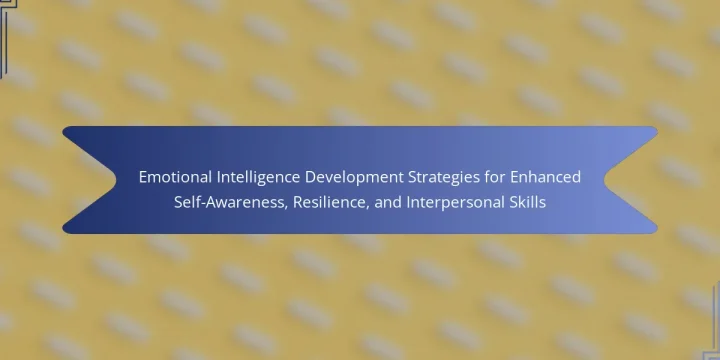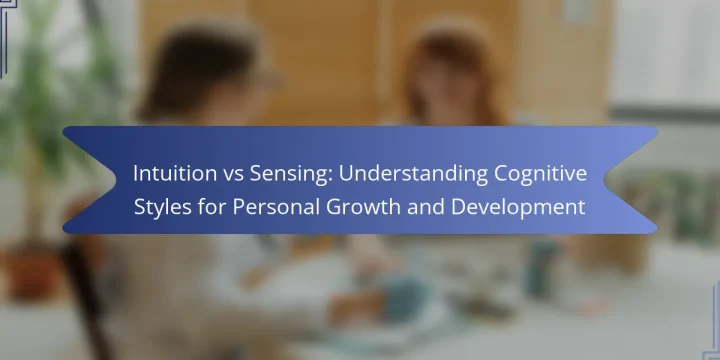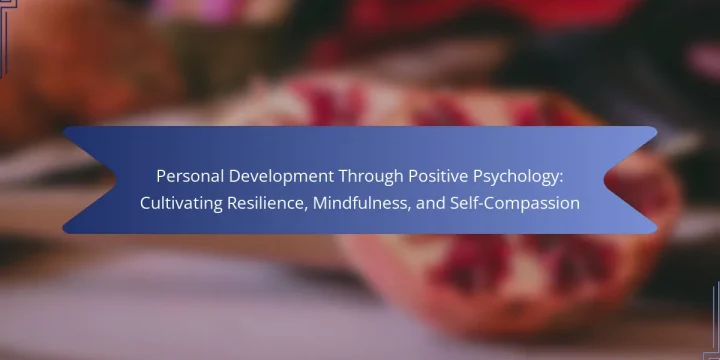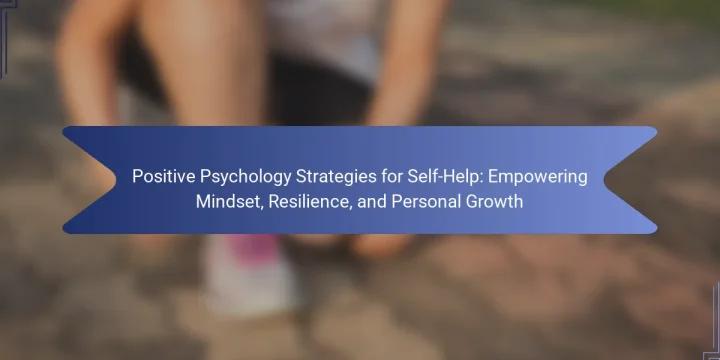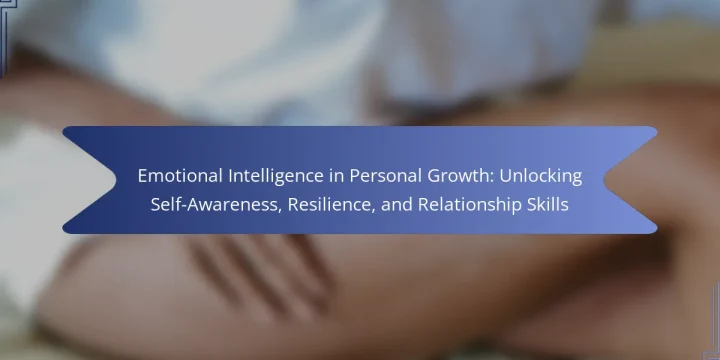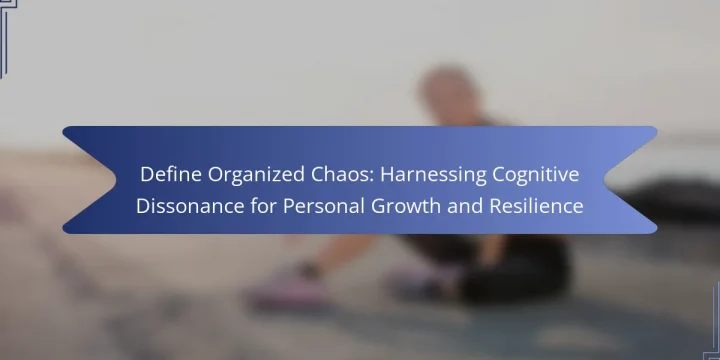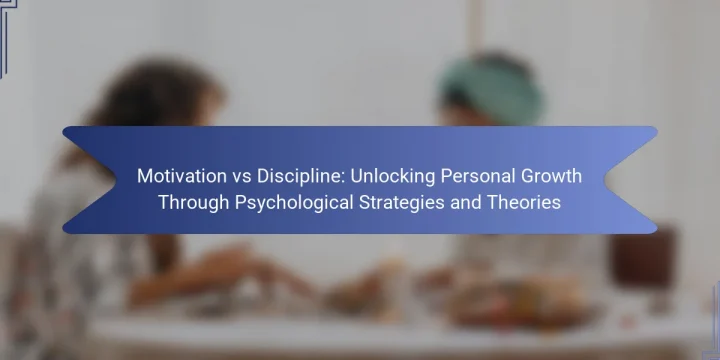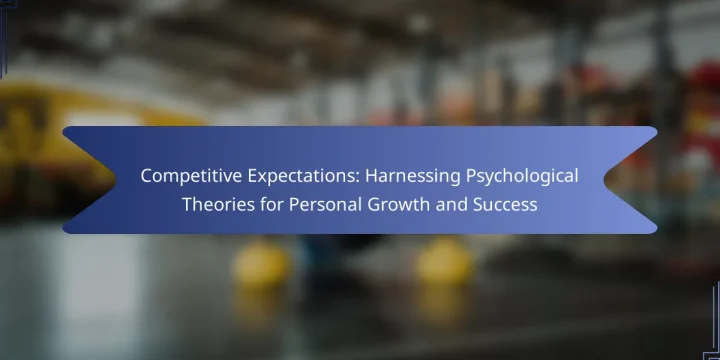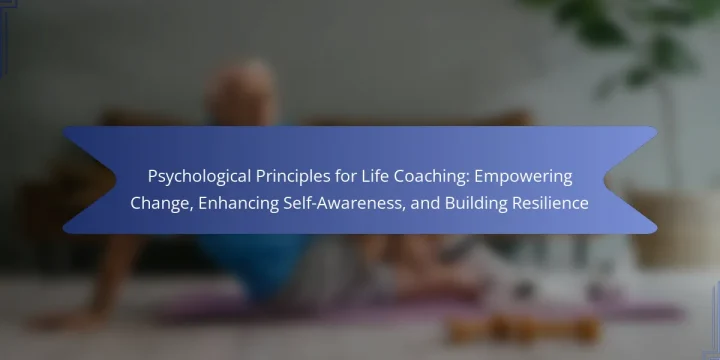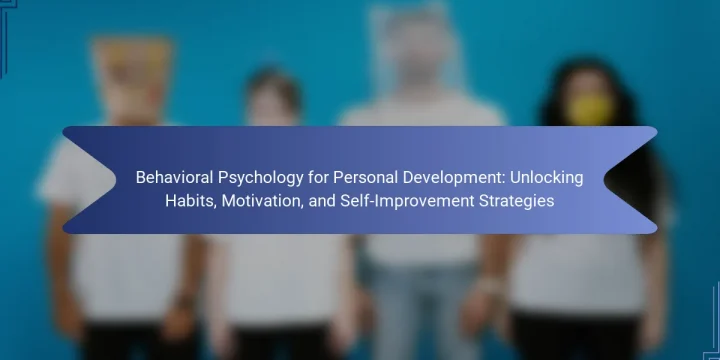
Behavioral psychology offers powerful strategies for personal development by enhancing habits, motivation, and self-improvement. This approach helps individuals identify behavioral triggers and implement effective coping mechanisms. Key techniques include setting measurable goals, utilising positive reinforcement, and creating supportive environments for lasting change. By applying these principles, individuals can reshape their mindsets and achieve their personal growth objectives. What is Behavioral Psychology and How Does it Relate to Personal Development? Behavioral psychology focuses on understanding and modifying behaviour, directly impacting personal development. It provides strategies to unlock habits, enhance motivation, and foster self-improvement. By analysing behaviour patterns, individuals can identify triggers and develop effective coping mechanisms. Techniques such as reinforcement and behaviour modification empower people to create lasting change. For example, setting small, achievable goals can enhance motivation and lead to…
